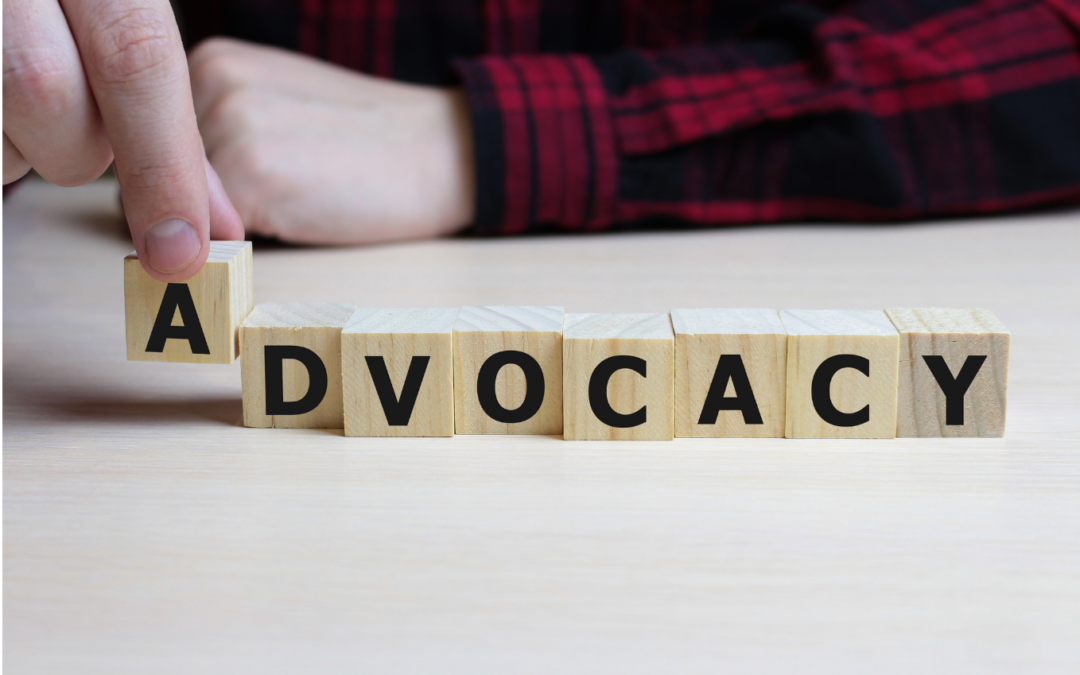DANA welcomed the recent opportunity to make a submission on the draft for a new National Disability Advocacy Framework 2022-2025 (the Framework). DANA also welcomes the increasing recognition by Governments of the vital role that advocacy plays in promoting and protecting the rights, interests and well-being of people with disability and in contributing to the proper functioning of systems established to provide services and supports for people with disabilities.
DANA has recently held discussions with and collected input from advocacy organisations specifically about the Framework, and also to collect their perspectives and ideas about independent disability advocacy to inform our recommendations to the Royal Commission into Violence, Abuse, Neglect and Exploitation of People with Disability (the Disability Royal Commission). Over the years since the development and introduction of the National Disability Advocacy Framework in 2012, DANA has carried out many face-to-face and online consultations with disability advocacy organisations in all the states and territories of Australia, attended many sector meetings and liaised with many advocates and their managers and other staff to hear about the challenges faced in the disability advocacy sector, including:
- inadequate and insecure funding;
- the need for increased sector development and support, including training, peer support and networks for sharing expertise between disability advocates;
- the need for increased evidence of demand and need for advocacy, and to demonstrate the impact and positive outcomes achieved through independent advocacy; and
- reaching people with disability who are most in need of independent advocacy and/or at risk of violence, abuse, neglect and exploitation in small institutional and domestic settings, due to gatekeeping, isolation and lack of independent support.
The submission therefore reflects a broad range of matters of importance to disability advocacy organisations across the country. DANA strongly support many aspects and elements included in this draft high-level Framework. We believe it is vital that the agreed Framework and the supporting disability advocacy work plan will be strongly supported by Federal, state and territory governments and by the disability advocacy sector to ensure its principles and envisaged outcomes are realised, including fullly funding disability advocacy organisations to meet both demand and need for independent advocacy support so that “Regardless of where they live, people with disability can access quality and independent advocacy support”.
However, the current inadequate funding levels, opaque and inconsistent data collection and lack of sector support and investment means that a meaningful right to access independent advocacy is not currently the reality for all Australians with disability. All federal and state and territory governments need to undertake to invest in Australia’s disability advocacy sector, taking a collaborative and coordinated approach to funding and administration that provides real certainty for organisations in planning activities and retaining staff.
In some areas the sector will need to be expanded and better connected to meet the needs of specific groups experiencing intersectional disadvantage and discrimination. For instance, DANA perceives great scope for increased work to better meet the needs of First Nations people with disability – this must occur in close collaboration with First Peoples Disability Network (FPDN).
In this submission DANA has identified broadly what we think is needed, emphasising that these actions need to occur in close consultation with the advocacy sector, with governments listening and responding to input and feedback from advocacy organisations and the people with disability they support.
You can read the full submission here:
- DANA Submission on the National Disability Advocacy Framework (PDF)
- DANA Submission on the National Disability Advocacy Framework (Download Word document)
DANA looks forward to working collaboratively with DSS and other stakeholders on developing a disability advocacy work plan that will truly strengthen and develop the disability advocacy sector, while preserving and valuing its diversity and unique strengths in achieving outcomes for people with disability, and defending and safeguarding their human rights.

